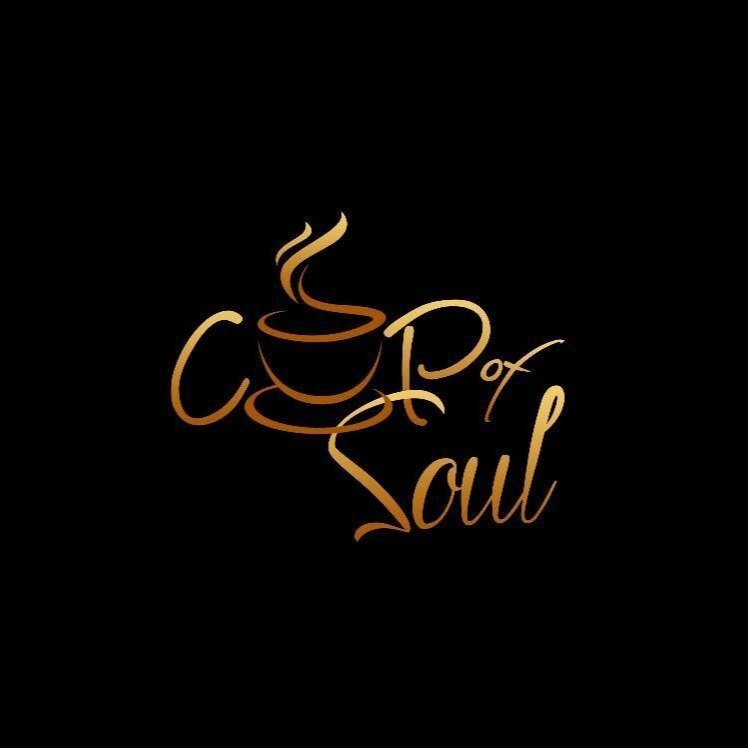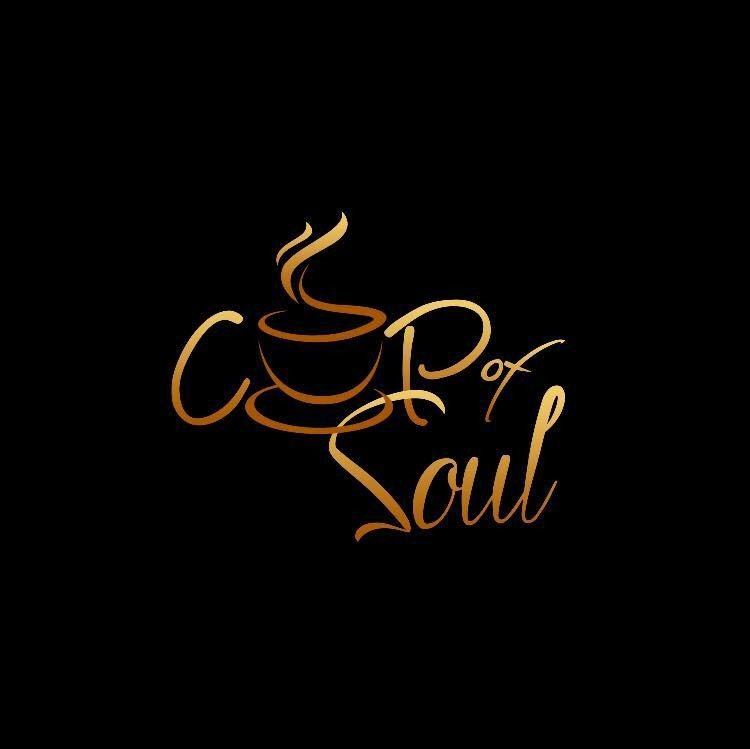Made in America cancelled again
For the second year in a row, one of Philadelphia's two biggest hip-hop-themed events has been cancelled.
On Wednesday, Roc Nation, Jay-Z's entertainment firm, cancelled Made In America, the annual Labor Day weekend festival. This follows last year's cancellation in August, when Lizzo, one of the headliners, was sued by many of her dancers over allegations of harassment.
Meanwhile, another Philadelphia music festival appears to be going well, thank you. Despite the fact that many multiday gatherings are faltering, such as Delaware's Firefly Festival, which was canceled for the second year in a row in February, the Roots Picnic continues to prosper.
On June 1 and 2, the 15th iteration, organized by the Philadelphia hip-hop ensemble, will be presented on the Mann Center's new campus in Fairmount Park.
The roster on numerous stages features legends and upcoming musicians such as Lil Wayne and the Roots, Nas, Jill Scott, Babyface, Victoria Monét, and flute-playing rapper Andre 3000.
So, why is Jay-Z's festival failing but Questlove and Black Thought's are succeeding?
In part, the festival calendar has gotten overcrowded.
The concert industry has rebounded from the pandemic. According to Pollstar, the top 100 global tours generated a record $9.17 billion in revenue in 2023, a 46% increase.
However, music enthusiasts are becoming more discriminating when it comes to multiday events. According to Dave Brooks, Billboard's director of live music and touring, megafests such as Coachella in California (though tickets for the Southern California festival sold out faster than normal this year), Tennessee's Bonnaroo, and Chicago's Lollapalooza are still looking good.
Smaller festivals, such as the Roots Picnic, are also doing well. However, Brooks believes Jay-Z's festival is caught in the midst. "Midsize events, such as Made in America, that take place on the same weekend and in the same location year after year, are particularly vulnerable. There is no room for flexibility. Artists can make more money by embarking on their own tours and performing arenas.
When it debuted in 2012, Made in America had a diverse musical lineup, with Pearl Jam joining Jay-Z the first year and several electronic music heavyweights like Tiesto and Diplo, as well as a side stage that featured rising Philly bands like Japanese Breakfast and Strand of Oaks over the years.
However, the festival's focus shifted to hip-hop and R&B, relying on hitmakers like Nicki Minaj and Travis Scott to attract young crowds while frequently failing to cater to genre-fluid followers' diverse preferences.
While midsize festivals like Made in America have flopped, similar gatherings, frequently centered on particular artists' visions, are thriving in engaging with followers.
“People are now really drawn to not just going to these festivals to see all these bands,” says Jeff Apruzzese , director of Drexel University’s music industry program,(via the Inquirer) “but they want a festival that has some identity.”
Which the Roots Picnic has an abundance of. The event is firmly rooted in their hometown and the location where it is held.
In 2022, when the Picnic became a two-day event at the Mann, Black Thought described it to me as "the Philadelphia festival for Philadelphia by Philadelphia." That same year, Roots manager Shawn Gee defined the Picnic's aim as presenting "Black culture from a Black perspective" that represents "the aesthetics and tastes of The Roots."
“They have more of a community vibe,” says Brooks. “The Roots Picnic means something. I think Made in America lost some of that, since it first launched.”
A Roc Nation representative declined to comment on the future of Made in America, but the Roc Nation statement announcing the cancellation struck a positive — if vague — tone, implying that the event will return to Philadelphia.
There is precedent for festivals that have stepped back and successfully relaunched. Brooks mentions Tyler, the Creator's L.A.-based Camp Flog Gnaw Carnival, which took a four-year hiatus before returning triumphantly last year.
“It might make the most sense for Made in America to do exactly what they’re doing financially,” says Brooks. “Go away for a year or two, let the demand build back up. Sometimes you have to kill it to allow it to live.”
https://www.madeinamericafest.com

